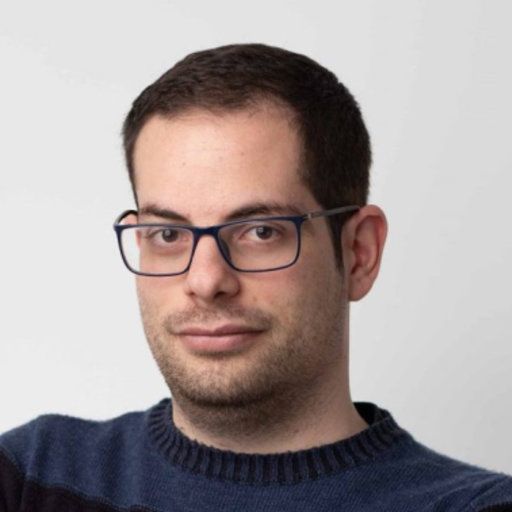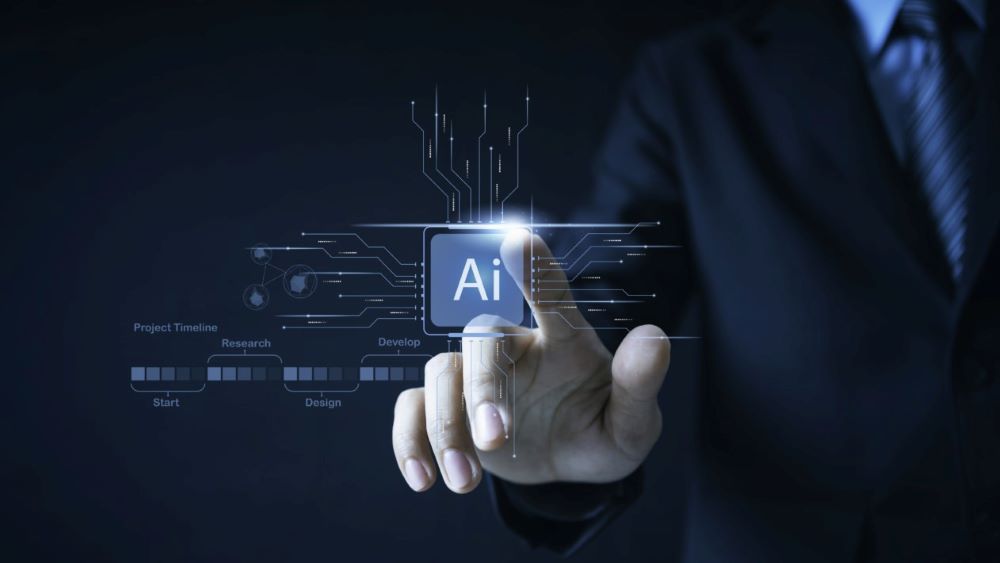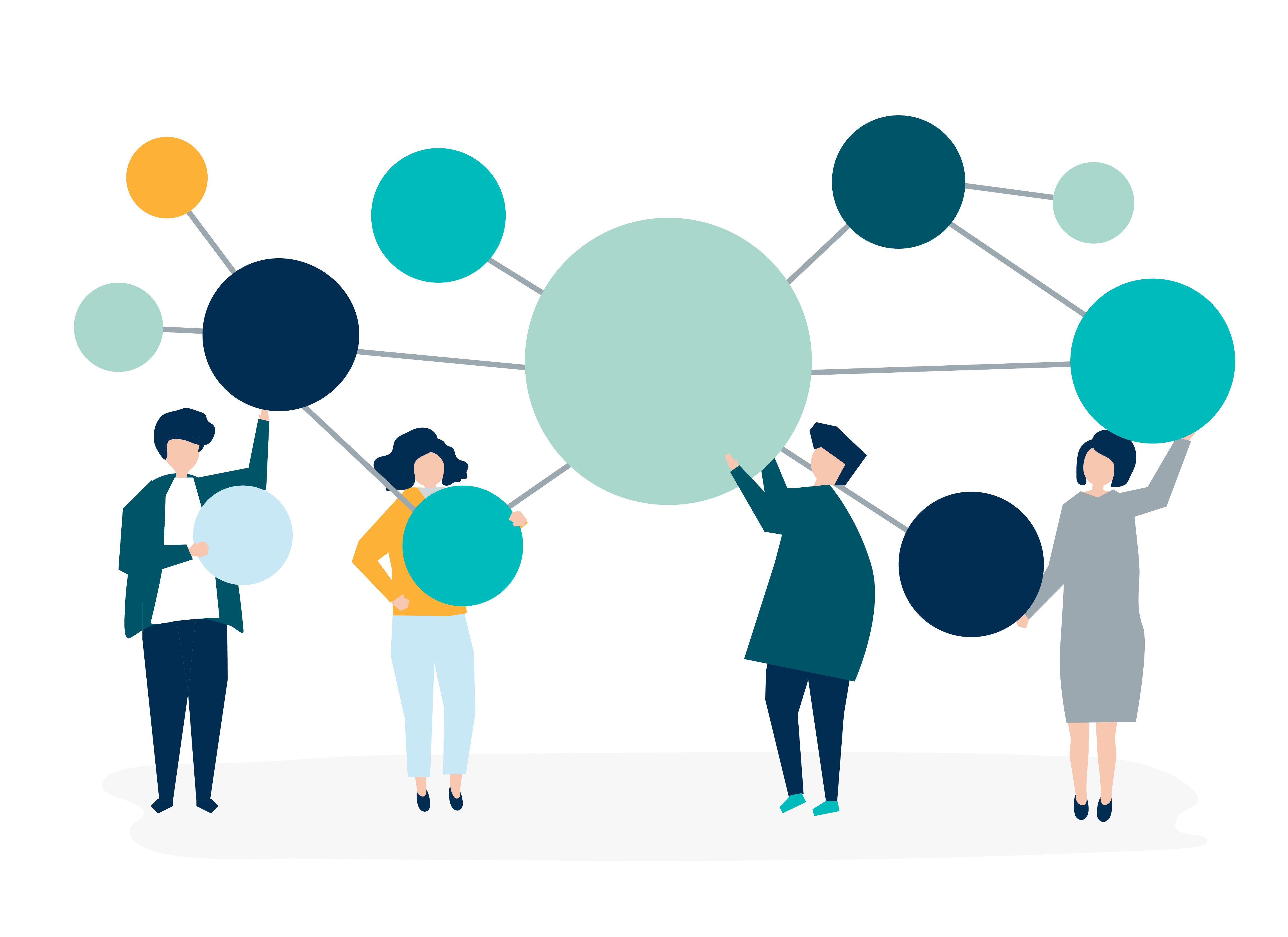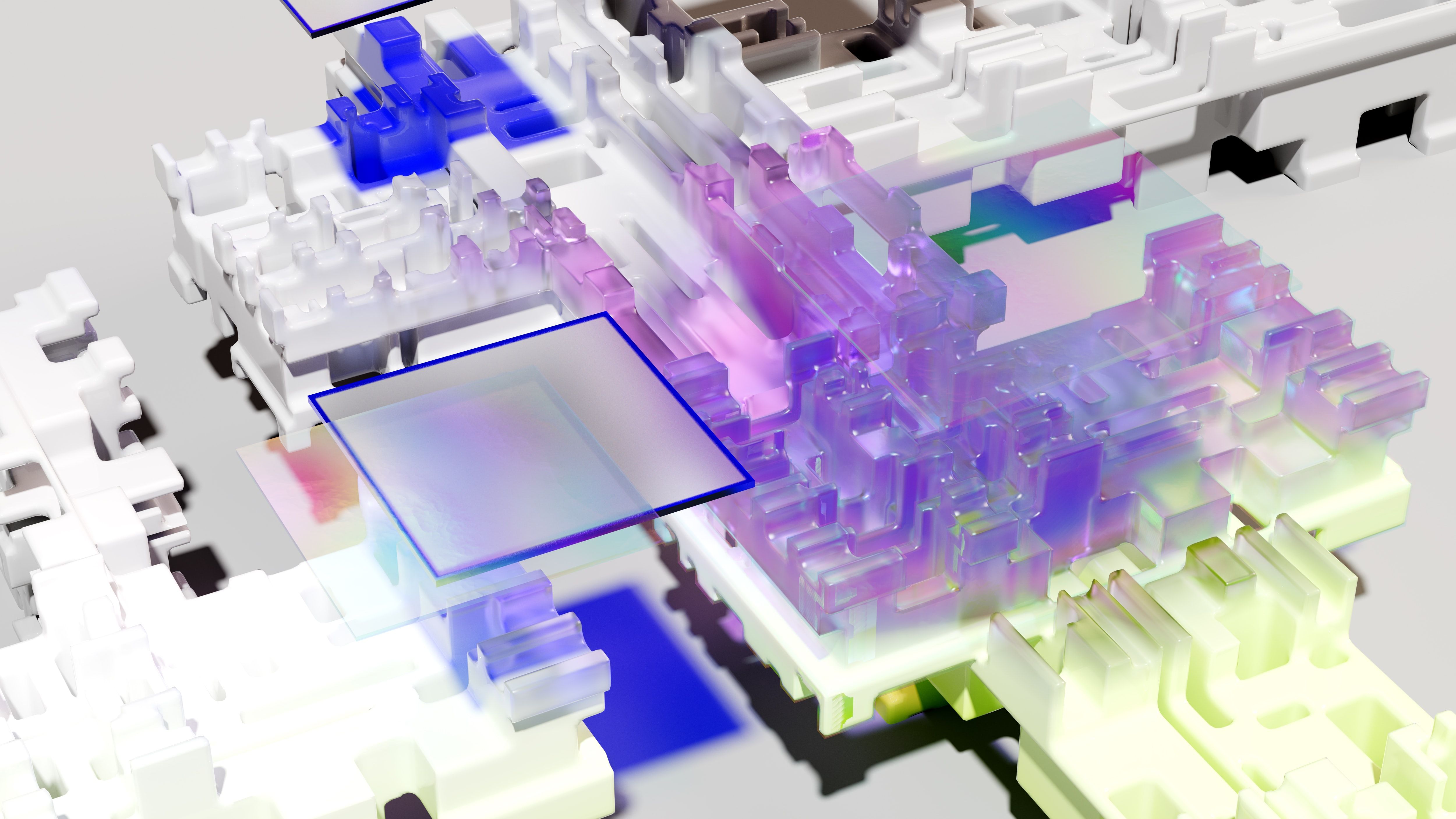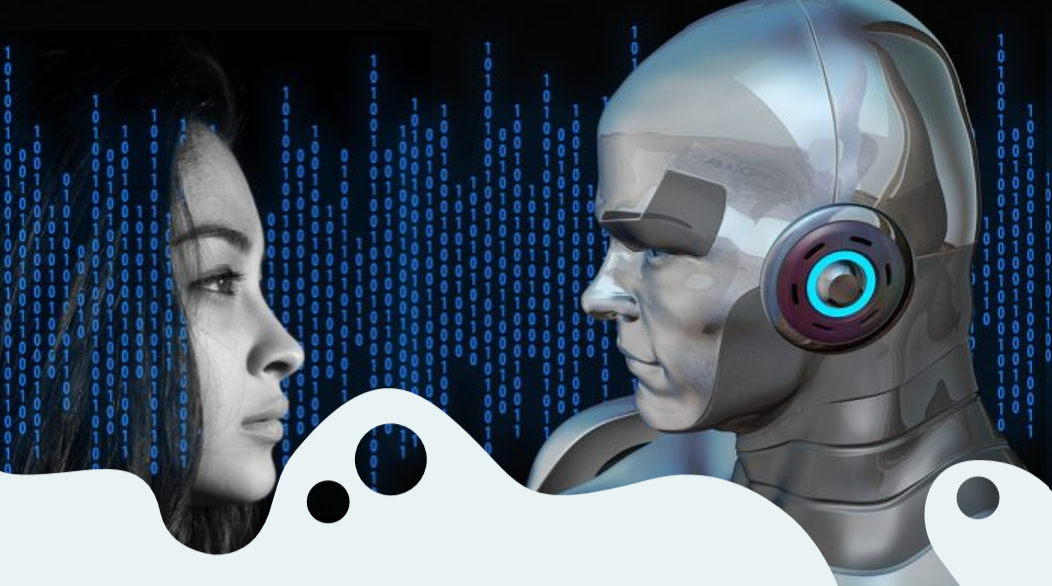
Dangerous habits
Dear reader, through this text I will try to look at very serious problems that are increasingly present on social networks. I assume you use them a lot? How often do you ask yourself if the time You spend for them could be used better? I often have these questions in my head. Do you have the thought that you will delete all social networks, and then you forget about it as if you never remembered it. What's behind it, have you ever wondered? You think, some interesting news will appear, I won't see it. Maybe one of my friends contacts me, and I don't answer him even after half an hour. He will be angry. Really? Or does something inside cause you to think that way?
Have you seen the movie Social Dilemma? If you haven't, take a look because it will help you make some of the decisions I'm about to write about. If so, are you perhaps the main character from the movie? What do you think, do you have the strength and will to deal with the invisible behind the screen? Do you ever ask yourself why you scroll through posts on Instagram? Half an hour, an hour, two hours, three hours? How did you feel when you realized how much time you irretrievably wasted in not so meaningful scrolling? Do you see the senselessness and danger in that? Is it really irrelevant to you that you spent two hours scrolling through who was skiing, swimming, at dinner? It is very important whether Marko Marković visited Madagascar, isn't it? And then another hour before bed. I believe that you are not very interested in that, but you are scrolling again. Do you watch those very 'instructive', short, Reels videos or TikTok? Why not play a short educational video instead? It's too long, it's not interesting, I don't have time for that, you say to yourself. If you regularly use social networks, you spend at least three hours out of sixteen hours, when you are physically awake, scrolling through posts. You do that almost every day. Then you spend about twenty hours a week, more than eighty hours a month, and watch out now, almost a thousand hours a year! Do we see the damage we are doing to ourselves? Should we ignore all that, and pretend to be blind to this data? Now let's try to calculate how many books can be read in a thousand hours a year. If someone reads twenty pages an hour, isn't that twenty thousand pages a year? Uh, when I'm writing this, I'm also surprised at the number we've reached. Well, that's even one hundred books of two hundred pages each! Remember your excuse. I don't have time, the day is short to be able to achieve everything I want to achieve. True, it is probably short, especially in this time of high speeds. But by getting rid of some habits, each of us can use our time a little more meaningfully. We have to be a bit pessimistic or perhaps realistic. It is not easy, suddenly, without gradual changes, processes, discipline, to implement such a drastic turn. Are you really going to turn the three hours you spend on social media into three hours of useful and meaningful activities for your life? Probably not at full capacity. Try to be more honest with yourself. Be more aware of what you invest your time in!
I have tried, like many, with different approaches and successes. I think the key mistake is to take drastic steps, such as suddenly stopping using all social networks. Isn't it the same with diet? You start suddenly, you achieve a result. After a certain period of time, you become even fatter than ever. Why? Lose motivation, will, attention wanders. It should be a gradual process, right? I was never particularly addicted to social networks, but when I noticed that sometimes I spend up to 3 hours on the phone screen, it woke me up, made me aware. So far, I've managed to halve the time I spend on social media and use it for more meaningful activities. Reading, research, deep thinking, Spanish course, solitude.
Let's go back one step, to analyze the screen of our phone that we look at every day. We should not have any great fear of that screen, but we should be alert, that is, aware of its dangers. Although we should also be aware of the benefits. Not everything should be viewed so terribly and negatively. However, I focused more on the negative in order to wake you up a bit, and myself in the moments when I write this. Isn't the screen an example of an iceberg? It is very impressively described in the movie Social Dilemma that I mentioned earlier. I must point it out because of its importance to you. Aren't some of the most talented researchers, businessmen hiding behind that screen (iceberg)? Their goal is to keep you glued to the screen for as long as possible. For some scientists, it is a personal challenge, because they prove to themselves that they can control human behavior. I believe they feel some kind of power or supremacy. The businessman keeps you close to the screen as long as possible because the more you are connected to the screen, the more he benefits financially from you. Every ad you look at is a profit for him. Be aware that you are not fighting against the screen yourself, but against the big noof highly successful scientists, programmers, and businessmen. You alone against them all? Can you beat them? Isn't it a very difficult and challenging fight? One against a hundred, or maybe one against a thousand.
I will not go deep into how the artificial intelligence, which monitors your activities, is capable of controlling and manipulating you. He often knows you better than you know yourself. It is not so difficult today because we think that we know ourselves better and better, and isn't it the opposite? Doesn't all technology distract us from that, make it harder for us to know ourselves? Then it is not that difficult for her to overcome you. This is not a criticism of technology, this is a criticism of me and you who use it so that it controls us, not us. As long as we manage it, we will have the numerous benefits it provides us. Be aware of it, let it always be in your mind. Why don't you pick up your phone now and see how much time you spend on social media? Are you surprised? I was, and quite a bit.
The second part - a dangerous word
I have to send you another message that I want you to feel, analyze and be aware of. Do you use the Facebook application and how much do you read comments on this platform? Maybe you don't use it because it's not trendy anymore (that makes me happy). Do you read or perhaps post comments on portals? Do you notice anything striking? Do some comments provoke you to state your position, to enter into a discussion? Do you think that the various posts you follow on social networks are changing your nature? Do we notice an incredible number of offensive comments that appear there, and what is quite worrying is that many of these comments remain permanently visible. Someone might say that it is freedom of speech, that everyone has the right to express their opinion without taking any responsibility for it. What happens when such comments start moving into reality? Is real and virtual confused? Is what I put out there completely separate from what I implement in the real world? Why does someone who is not allowed to say something publicly say it virtually and so skillfully? Why is someone not the same person in reality and virtual? Shouldn't the virtual be integrated into the real? Lots of tough questions. With these messages, I draw your attention to the incredibly present hatred and negative emotions that are very widespread in comments on portals, and Facebook stands out in particular here. My opinion is that there is an incredible level of negativity spreading through the Facebook platform that is very poorly controlled. A study (source) conducted in America describes a drastic increase in the polarization of attitudes between Republican and Democrat voters. This split is becoming more and more obvious with the current emergence and development of social networks. The correlation does not seem to be coincidental but quite clear. The growth of the number of users on social networks and the development of these platforms has led to the growth of polarization in the society in the USA. If we were to conduct a similar research in our region, I assume that the conclusions would be similar. Today, it is possible to say almost anything, to offend on any basis, and in the end nothing. But doesn't that have consequences? Doesn't it transform some weaker persons? I feel very irritated when I see what is available to the users of this platform when I open the comments. In this section, I do not want to talk about the reactions that are left to comments and news and about fake news. We will soon find out how serious these problems are, and how weak the protection is, and we are already learning a little bit today.So what should we do? What is the solution, is there one at all? I don't know that, but I try to be aware of it. Maybe we have already lost without noticing it yet. Maybe I'm too subjective, pessimistic. Maybe you don't agree with what I wrote.
Conclusion
As digital anthropology is a fairly young field, I think that the series "Black Mirror", the film "Social Dilemma" together with the book "Digital anthropology" and many other similar contents contribute to a better understanding of the nature of man in relation to the machine. It is clear how challenging this is, and that understanding these connections will drastically affect changing human nature, culture, and everything that accompanies these concepts. As philosophy is more and more important to us today, so is anthropology, which should help us to a large extent in overcoming contemporary difficulties. Can we see how important anthropology, philosophy and ethics are in merging the virtual and the real world? Informatics, especially artificial intelligence, calls out for anthropology, philosophy, ethics. If you are a computer scientist, do we try to develop tools to create benefits for people? Or is it (almost) all for the sake of generating as much profit as possible? Our modern society has never lacked philosophy. There is not enough of it. Who is guilty? Maybe we computer scientists are guilty of that too. We go too much into technical details, we do what is asked of us professionally, and the essence is not analyzed. It is not analyzed whether what I am doing will bring benefitsto society, to the individual, the focus has already been redirected to the fulfillment of functional requirements. To fulfill the set goals as quickly and qualitatively as possible. Maybe we should think about how to help young people, students, philosophy, an incentive to create a more humane society. Technology is a good servant but a bad master. We should be at least a little more aware of that.Sources:
Social Dilemma (2020), movieBlack Mirror, series
Internet source, https://theconversation.com/political-polarization-is-about-feelings-not-facts-120397
